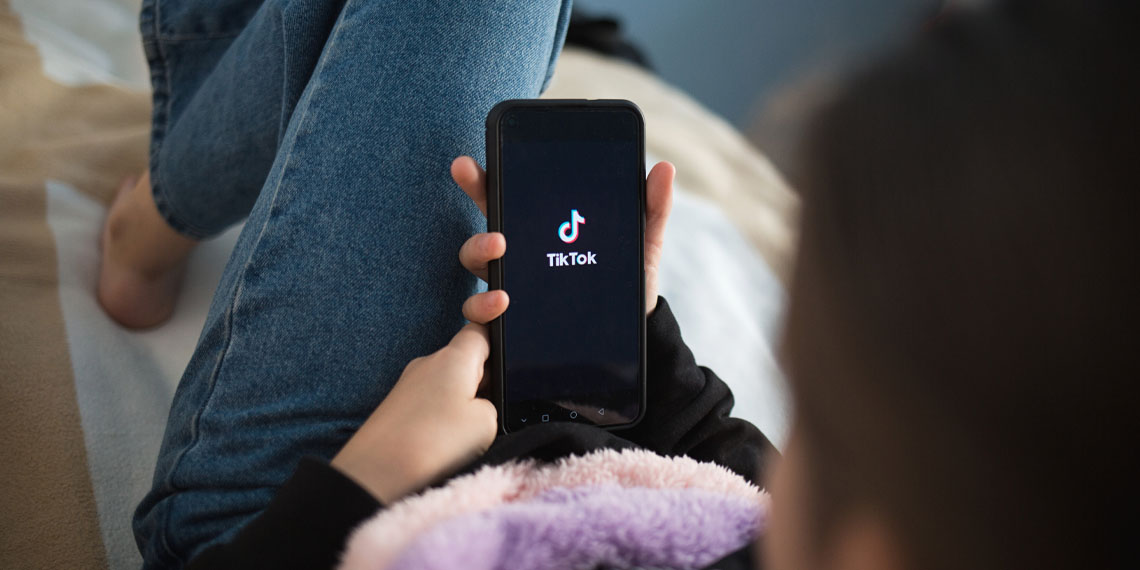A disturbing number of TikTok videos about autism include claims that are “patently false,” study finds::A recent study published in the Journal of Autism and Developmental Disorders found that a significant majority (73%) of informational videos on TikTok tagged with “#Autism” contain inaccurate or overgeneralized information about autism. Despite the prevalence of misinformation, these videos have amassed billions of views, highlighting the potential for widespread misconceptions about autism on the platform. …



Inaccuracy was measured against the Autism diagnosis in the DSM and standard approved treatments. These are always going to be out of date because you’re not allowed to run tests on humans. Something about ethics. So the DSM and psych industry are always playing catch-up. Meanwhile, you have a large group of people with lived experience sharing that experience. Surely that counts for something?
“Videos produced by health care practitioners were more likely to be *accurate * [emphasis mine] compared to those by autistic creators and ‘other’ creators”
Yes, of course the actual autistic people would know less about how to address their daily issues than doctors /s
Still, anyone who created a tiktok on how to ‘cure’ autism can get fucked. That part I can agree with.
They would be familiar with their own personal experience, yes. But things like autism vary greatly. Doctors will understand the condition more generally.
Not necessarily.
My kid has been diagnosed with autism and ADHD, and going through the diagnosis process, we realised that I fit a lot of the symptoms. Speaking to friends with various disorders and mental health issues, as well as reading up on them online, we found out that autism and ADHD have overlaps in behaviour. They also overlap with anxiety, OCD, bipolar disorder, and a few others.
The bouncing knee seems to be recognised as a stim for autism, hyperactivity for ADHD, and a nervous behaviour for anxiety. A group of people could convince someone that it’s a sign of whichever diagnosis they personally have, while not knowing about the others, all while not realising that the person asking is just suffering from caffeine withdrawal.
Obviously this is an oversimplification, but hopefully it helps to point out that all groups have their own blind spots, and we all tend to colour things with our own perspective.
Its been shown time and time again though that the people who are gaining attention/views/money on tiktok and whatnot… are not exactly likely to be telling the truth.
People figure out very fast whatever magic flavorful words they need to say every month to farm the clicks and get those likes and shares.
I’d expect the majority of people you see claiming they are autistic on tiktok and proceeding to start giving medical advice about it, are likely just lying for money.
It becomes even more obvious when you look at their history and see that what they focus on shifts every few months in terms of content they push.
Best bet is to seek a diagnosis from a qualified professional.
I am a layperson so wtf do I know but my layperson impression: DSM is the source obviously but there is a big gap between the words in the DSM and the details of how symptoms actually manifest for, in my case, ADHD. Also it is a diagnosis manual but the etiology of ADHD hasn’t been settled so there’s not like a brain scan or DNA analysis to test for it.